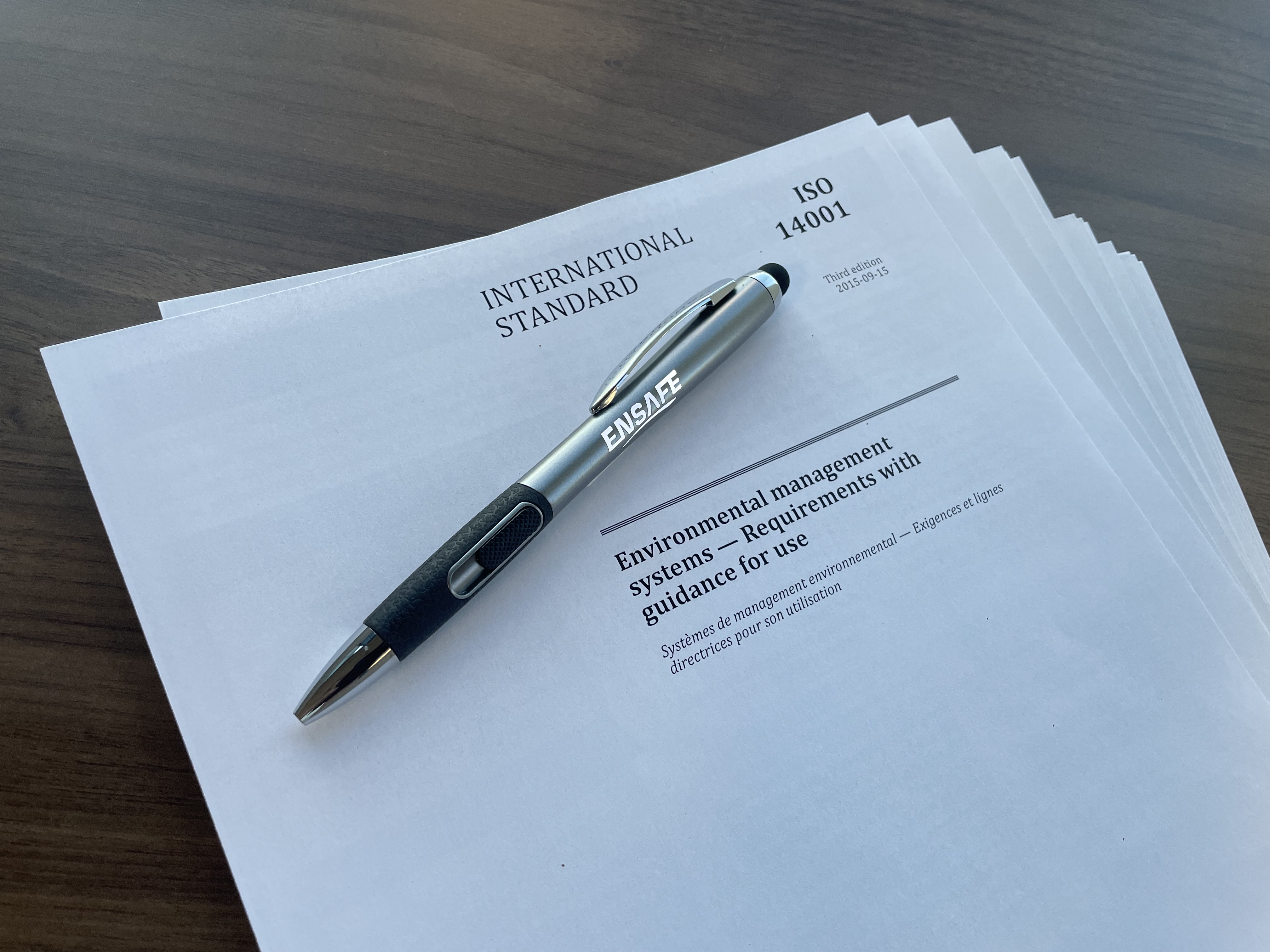What are ISO standards?
International Organization for Standardization (ISO) is an independent, non-governmental international organization with a membership of 167 national standards bodies. This organization releases ISO standards, which are those that international experts have agreed upon as the best way of doing something. These standards cover myriad activities, as the ISO website explains, “It could be about making a product, managing a process, delivering a service or supplying materials … Standards are the distilled wisdom of people with expertise in their subject matter and who know the needs of the organizations they represent – people such as manufacturers, sellers, buyers, customers, trade associations, users or regulators.”
Do companies seek certification to ISO standards?
Yes! Our clients often seek certification to various ISO standards including quality management systems (ISO 9001), environmental management systems (ISO 14001), occupational health and safety management systems (ISO 45001) among many others. Certification is often required within the automotive, aerospace, and many other manufacturing/service industries.
What are some benefits of ISO certification?
Companies certified to ISO 14001 or ISO 45001 often recognize benefits including:
- Increased compliance with statutory and regulatory requirements
- Increased involvement and engagement from employees
- Increased awareness of environmental and safety considerations throughout the organization
- Enhanced company reputation
- Increased competitive and financial advantage through improved efficiency and reduced cost
- Improved EHS performance from contractors/suppliers/vendors (supply chain)
What ISO services does EnSafe provide?
EnSafe primarily provides ISO 14001 and ISO 45001 standard services, including:
- Gap assessments
- Awareness level training for senior management and employees
- Developing EHS documentation (policies, procedures, work instructions)
- Identifying environmental risks and safety hazards
- Developing operational controls
- Identifying what needs to be monitored and measured
- Developing EHS objectives/targets/KPIs
- Identifying compliance obligations (federal, state, local, etc.)
- Compliance auditing
- Internal auditing
- Training internal auditors
- Developing corrective actions
- Identifying areas of improvement
- Overall EMS or OHSMS program development (from A to Z)
How much time does it take to implement an ISO standard if you’re starting from scratch?
The timeframe for implementing a management system for certification varies greatly depending on a wide range of factors. But suffice it to say that ISO implementation takes time. We often estimate six months to one year to go from zero to certification.
How much does it cost to implement an ISO standard and achieve certification?
For the wide range of ISO services we provide, costs varying widely depending on the scope of the project and required timeline, often ranging from four to five figures.
Need help with ISO?
EnSafe’s ISO experts have decades of experience helping companies across 35+ diverse market segments achieve certification. We have extensive ISO implementation knowledge and EPA and OSHA regulatory experience. We’d be happy to help you achieve your certification goals!
